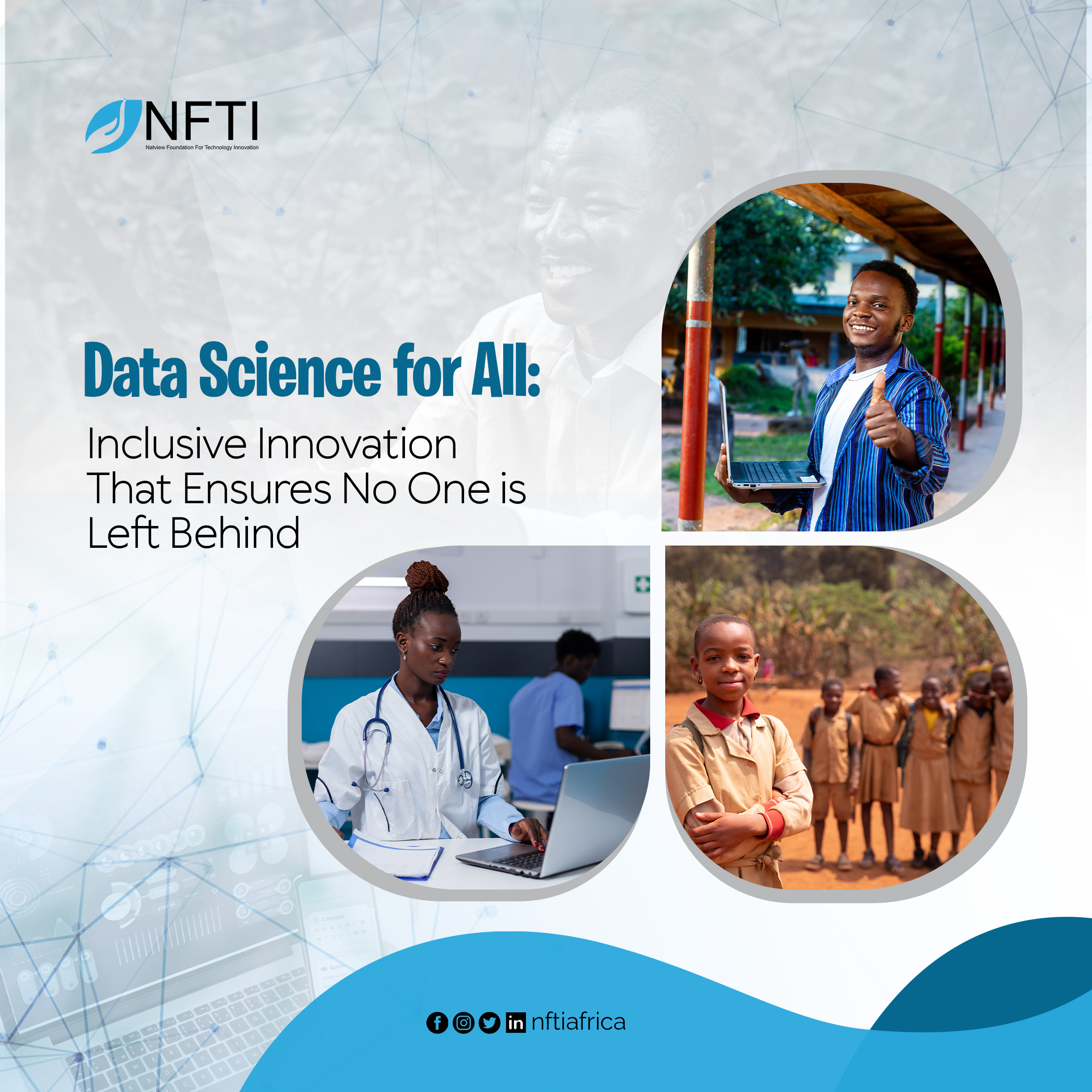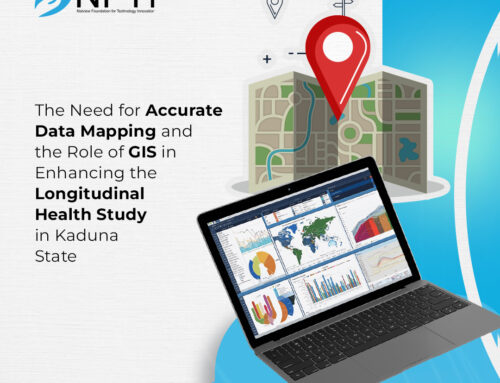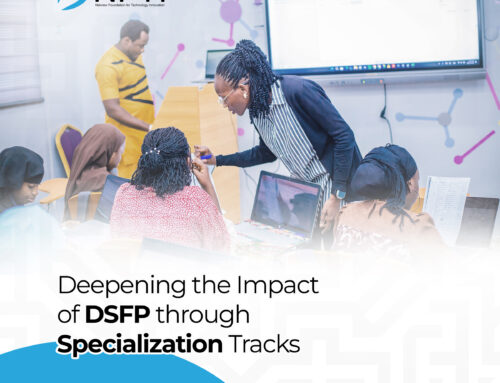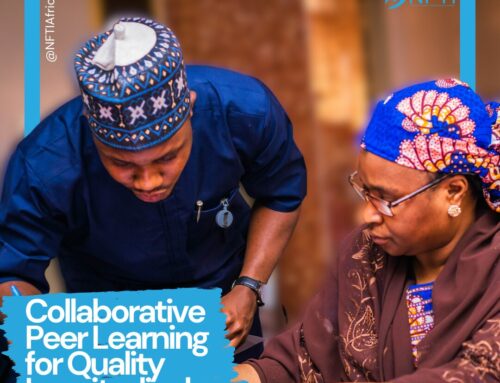Data Science for All
About the Author: Olubunmi Olorunpomi
Olubunmi is a seasoned communications strategist with extensive experience in media engagement, strategic messaging, and stakeholder relations. As the Head of Communications at the Natview Foundation for Technology Innovation (NFTI), he leads the foundation’s storytelling, brand positioning, and public engagement efforts.





